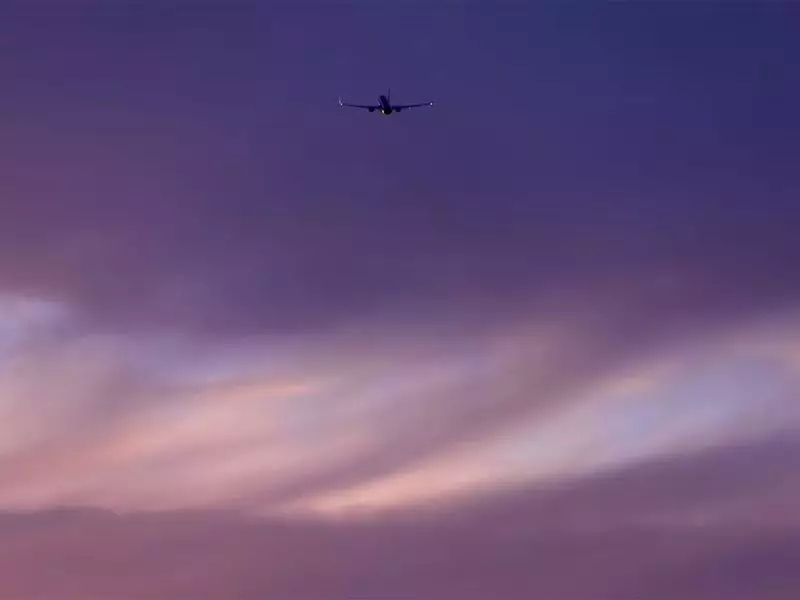
The ongoing political stalemate in Washington DC is now creating turbulence in the skies, as the United States government shutdown enters a critical phase that's severely impacting air travel operations nationwide.
Aviation System Under Strain
The Federal Aviation Administration (FAA) confirmed on Tuesday that it's experiencing a significant increase in flight delays and operational challenges at major air traffic control facilities. The primary cause? A growing number of air traffic controllers are calling in sick as they work without pay during the government shutdown.
Safety Concerns Mount
While aviation officials maintain that safety remains uncompromised, the absence of experienced controllers is forcing the implementation of traffic management programs at key facilities. This has resulted in:
- Extended ground delays at major hubs including New York, Philadelphia, and Washington
- Reduced capacity in critical air corridors
- Increased workload for remaining controllers
- Growing concerns about long-term system reliability
Travelers Face the Consequences
Passengers across the United States are experiencing the direct impact of the political impasse. Flight tracking websites showed significant delays at East Coast airports, with some flights experiencing hold times of over an hour. The situation is particularly acute during peak travel hours when air traffic is at its heaviest.
Controller Morale Hits Rock Bottom
Air traffic controllers, who are considered essential personnel, continue to work without receiving paychecks. Many are facing financial hardship while maintaining the safety of millions of air travelers. The stress of working complex, high-stakes jobs without compensation is taking a visible toll on the workforce.
Ripple Effects on Global Travel
The disruption isn't limited to domestic US flights. International carriers are also experiencing knock-on effects, with transatlantic and transpacific flights facing delays due to the reduced capacity in US airspace. Aviation experts warn that if the shutdown continues, the situation could deteriorate further, potentially affecting global air travel patterns.
Industry Calls for Resolution
Major airlines and aviation industry groups have joined the growing chorus calling for an immediate end to the government shutdown. They emphasize that the nation's aviation system, once considered the world's gold standard, cannot operate indefinitely under these strained conditions without compromising efficiency and potentially safety.
The situation remains fluid, with aviation authorities monitoring controller staffing levels hourly and implementing traffic management programs as necessary to maintain safety while managing reduced operational capacity.





